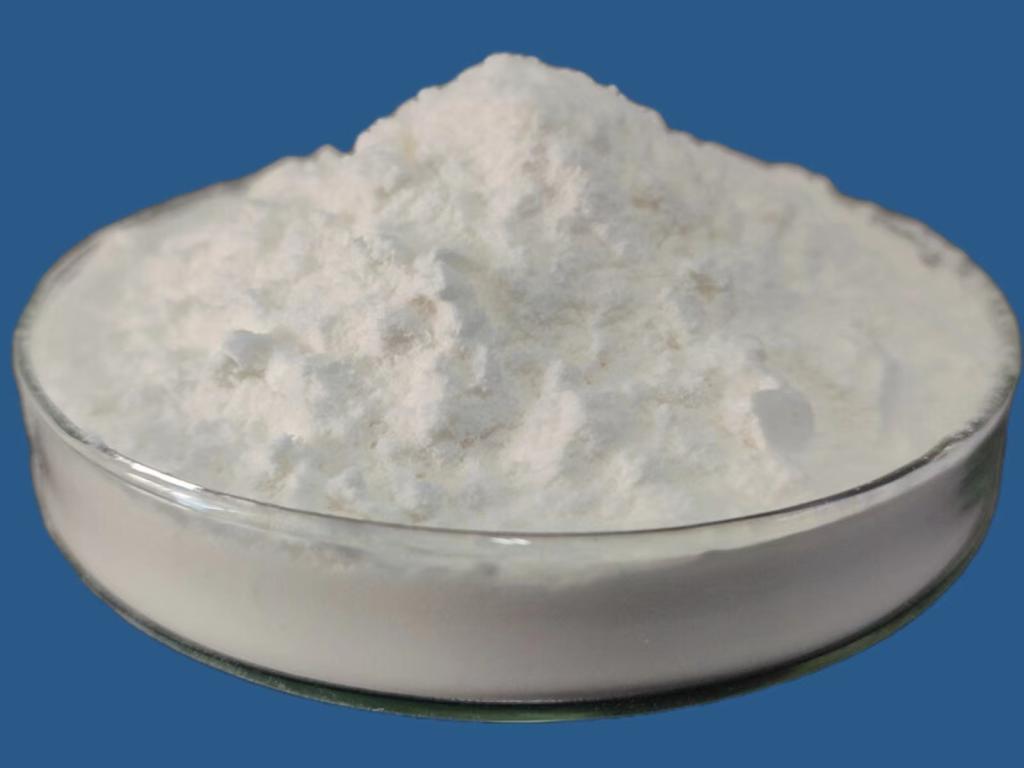Tel:+8618231198596

News
 CONTACT
CONTACT
 CONTACT
CONTACT
- Linkman:Linda Yao
- Tel: +8618231198596
- Email:linda.yao@dcpharma.cn
- Linkman:CHARLES.WANG
- Department:Overseas
- Tel: 0086 0311-85537378 0086 0311-85539701
News
Precision Agriculture 2.0: The Integration of ε-Polylysine Hydrochloride with Smart Farming
TIME:2024-02-28
Precision Agriculture 2.0: An Overview:
Precision Agriculture 2.0 builds upon the foundational principles of precision farming, integrating advanced technologies like the Internet of Things (IoT), artificial intelligence (AI), and data analytics. This next phase aims to optimize resource management, reduce environmental impact, and improve overall crop yields through real-time monitoring and data-driven decision-making.
ε-Polylysine Hydrochloride in Agriculture:
a. Antimicrobial Properties:
ε-Polylysine Hydrochloride, derived from the fermentation of Streptomyces albulus, is known for its natural antimicrobial properties. In agriculture, these properties can be harnessed to combat a wide range of pathogenic bacteria and fungi that threaten crop health. The integration of ε-Polylysine Hydrochloride aligns with the goals of sustainable agriculture by providing an effective alternative to synthetic pesticides.
b. Biodegradability and Environmental Compatibility:
One of the key advantages of ε-Polylysine Hydrochloride is its biodegradability. Unlike certain synthetic pesticides that may persist in the environment, ε-Polylysine Hydrochloride breaks down naturally, minimizing ecological impact. This eco-friendly characteristic makes it an ideal candidate for sustainable agriculture practices.
Smart Farming Technologies:
a. Internet of Things (IoT):
IoT technologies in agriculture involve the use of sensors, actuators, and data analytics to collect and interpret real-time information. These technologies enable farmers to monitor soil conditions, weather patterns, and crop health, providing valuable insights for precision decision-making.
b. Artificial Intelligence (AI):
AI technologies contribute to the analysis of vast datasets generated by IoT devices. Machine learning algorithms can identify patterns, predict crop diseases, and optimize resource allocation, allowing for more efficient and sustainable farming practices.
c. Drones and Remote Sensing:
Drones equipped with various sensors and cameras provide high-resolution images of crop fields. This remote sensing technology aids in the early detection of crop diseases, nutrient deficiencies, and other issues, enabling timely intervention and improved crop management.
Applications of ε-Polylysine Hydrochloride in Smart Farming:
a. Precision Crop Protection:
The antimicrobial properties of ε-Polylysine Hydrochloride make it an effective tool for precision crop protection. Integrated with smart farming technologies, it can be applied selectively based on real-time data, targeting specific areas of the field where pathogen pressure is identified, thereby minimizing the overall use of pesticides.
b. Disease Prediction and Prevention:
AI algorithms, when trained with relevant data, can predict the onset of crop diseases. By integrating ε-Polylysine Hydrochloride applications based on these predictions, farmers can proactively prevent the spread of diseases, reducing the need for reactive and broad-spectrum treatments.
c. Soil Health Monitoring:
Smart farming technologies provide insights into soil health, including nutrient levels and microbial activity. ε-Polylysine Hydrochloride can be employed in precision agriculture to manage soil-borne pathogens, promoting a healthy soil microbiome and optimizing crop growth.
Benefits of Integration:
a. Reduced Environmental Impact:
The targeted application of ε-Polylysine Hydrochloride, guided by smart farming technologies, reduces the overall environmental impact of crop protection. By minimizing the use of synthetic pesticides and optimizing resource utilization, this integration supports sustainable and eco-friendly farming practices.
b. Enhanced Crop Yields and Quality:
The proactive and precise nature of ε-Polylysine Hydrochloride application, guided by smart farming insights, contributes to enhanced crop yields and improved quality. By preventing diseases and optimizing nutrient availability, farmers can achieve more robust and healthier crops.
c. Cost Savings:
Smart farming technologies, combined with the targeted use of ε-Polylysine Hydrochloride, lead to more efficient resource management. This not only reduces the overall cost of crop protection but also enhances the economic viability of farming operations.
Challenges and Considerations:
a. Regulatory Approvals:
The integration of ε-Polylysine Hydrochloride with smart farming practices may encounter regulatory challenges related to approvals for its use in agriculture. Collaborative efforts between researchers, regulatory bodies, and industry stakeholders are crucial to navigating these challenges.
b. Adoption and Education:
Farmers need to be educated and trained on the integration of ε-Polylysine Hydrochloride with smart farming technologies. Adoption may face challenges related to technology accessibility, affordability, and awareness, necessitating outreach programs and educational initiatives.
Future Prospects and Conclusion:
The integration of ε-Polylysine Hydrochloride with smart farming represents a forward-looking approach to precision agriculture. As technology continues to advance, and environmental sustainability becomes a top priority, this synergy has the potential to redefine farming practices. By combining the natural antimicrobial properties of ε-Polylysine Hydrochloride with the intelligence of smart farming, the agriculture sector can pave the way for a more efficient, sustainable, and resilient future.
- Tel:+8618231198596
- Whatsapp:18231198596
- Chat With Skype







